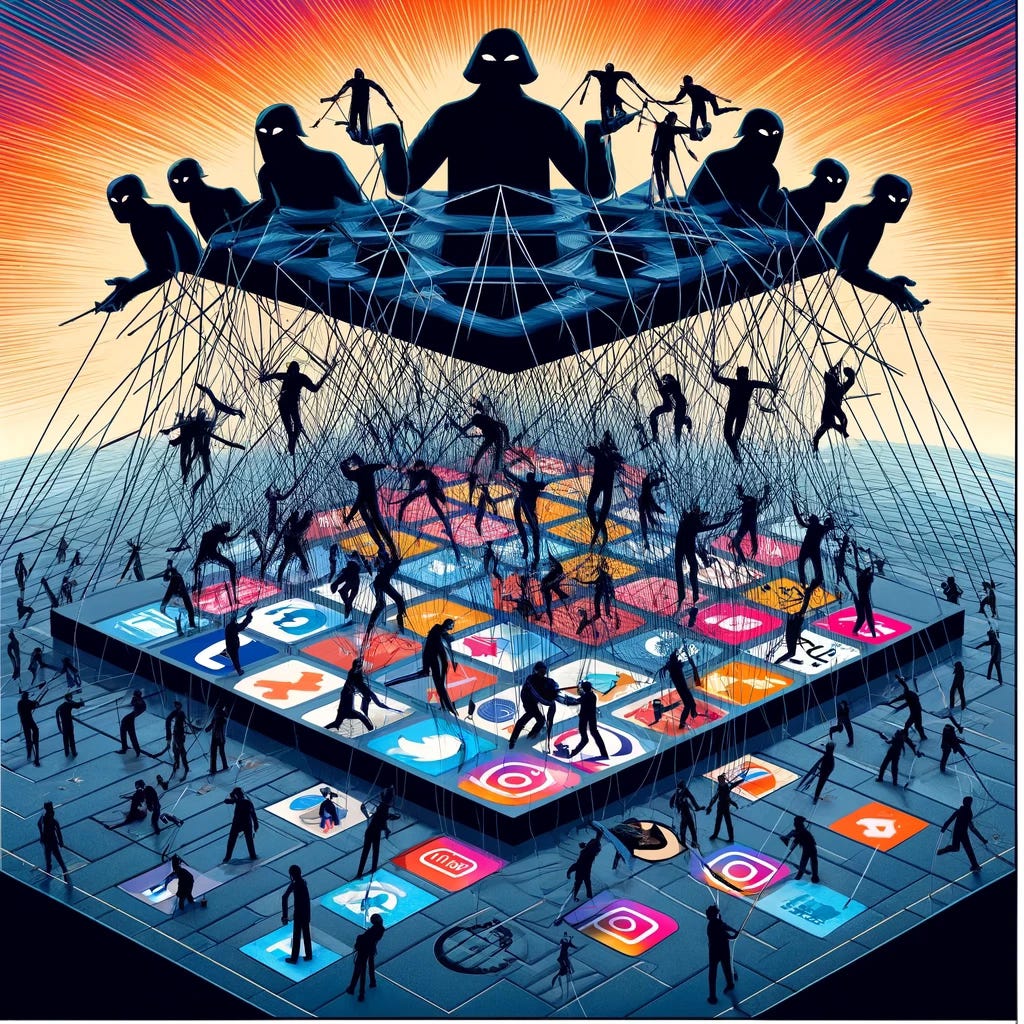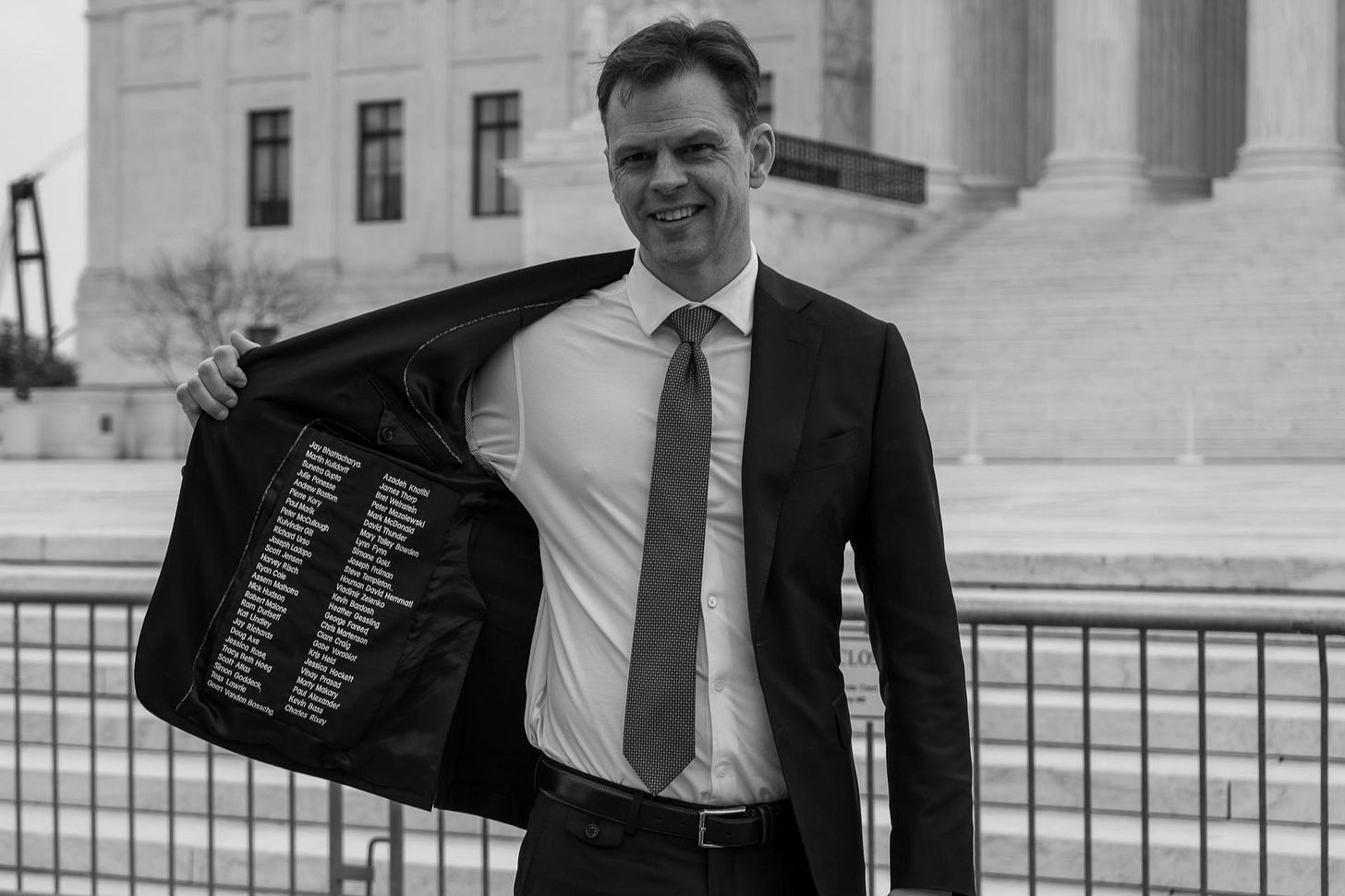Voices in the Supreme Court: Protecting Our Free Speech with Aaron Kheriaty and Jenin Younes
On March 18, the Supreme Court heard oral arguments in the case Murthy v. Missouri challenging whether the government can induce social media platforms like Twitter and Facebook to censor constitutionally protected free speech.
A sinister web of federal agencies, the White House, social media platforms, NGOs and others are orchestrating a vast system of censorship to suppress viewpoints that contradict “preferred government narratives”about COVID-19 policies, climate change, election integrity and other issues that should be open to free & fair debate.

The Supreme Court is being asked to decide on a lower court injunction that ruled that the Biden White House, the FBI, the Department of Justice, the Surgeon General, the CDC, the Department of Health and Human Services and many other federal agencies are not permitted to communicate with or coerce social media companies for “the purpose of urging, encouraging, pressuring, or inducing in any manner the removal, deletion, suppression, or reduction of content containing protected free speech.”
Joining Bill in this episode are two people who were inside the Supreme Courtroom on March 18, plaintiff Aaron Kheriaty MD and his lawyer Jenin Younes.’
Aaron, a physician specializing in psychiatry, was fired from the University of California after challenging its covid vaccine mandate in federal court.

Jenin’s with the New Civil Liberties Alliance and served as senior special counsel on the Weaponization Subcommittee.
“Some listeners may be thinking, says Aaron, ‘Well, I haven't been personally impacted by this issue because I'm not on social media or I have an account, but I don't post anything. I just go on to see what other people are saying. So I probably haven't personally been censored by the government.’”
“But the Supreme Court has made it clear in previous cases that the First Amendment right of free speech exists not just for the speaker, but also for the listener. Your rights are harmed and violated when censorship happens. The public needs access to information to make informed decisions about voting, about public policy, about the about health-related decisions.”
“What happened during COVID was that there was actually deep disagreement and debate about the government's preferred pandemic policies from lockdowns, to vaccine mandates, to the use of masks.”
“But the public wasn't aware of that because one side of that debate was artificially suppressed. And so censorship affects all of us.”
“People died during COVID because of censorship. People were harmed because policies that ended up doing more harm than good, for example, school closures, lockdowns, that remained in place far longer than they should have because the critics of those policies were silenced.”
Listen in for a first hand account.




